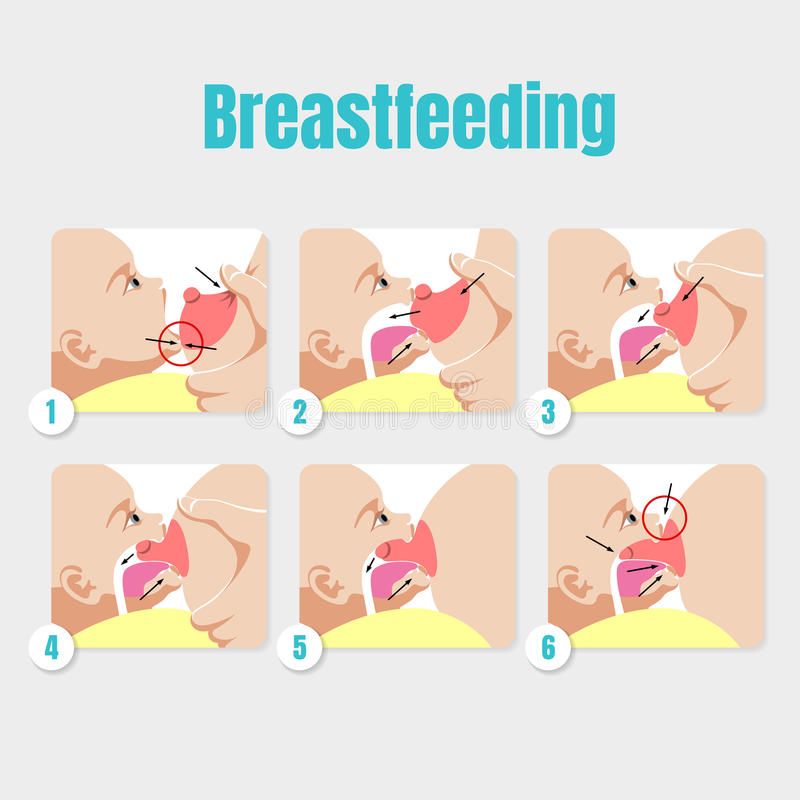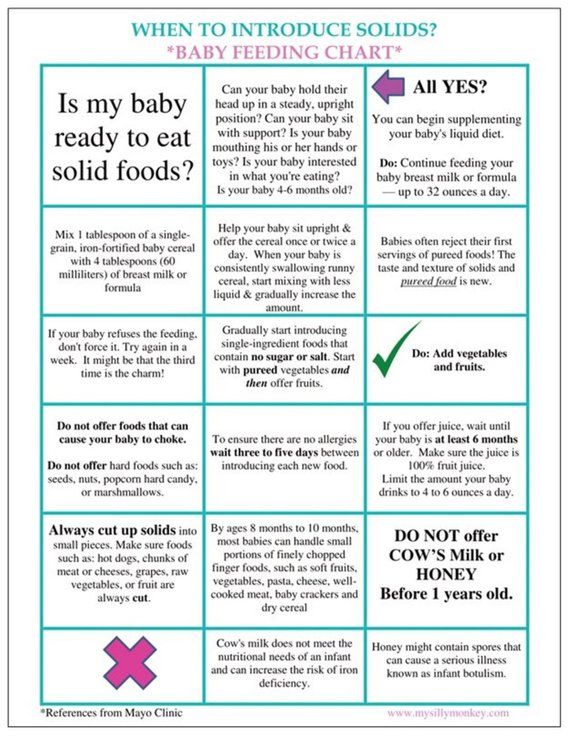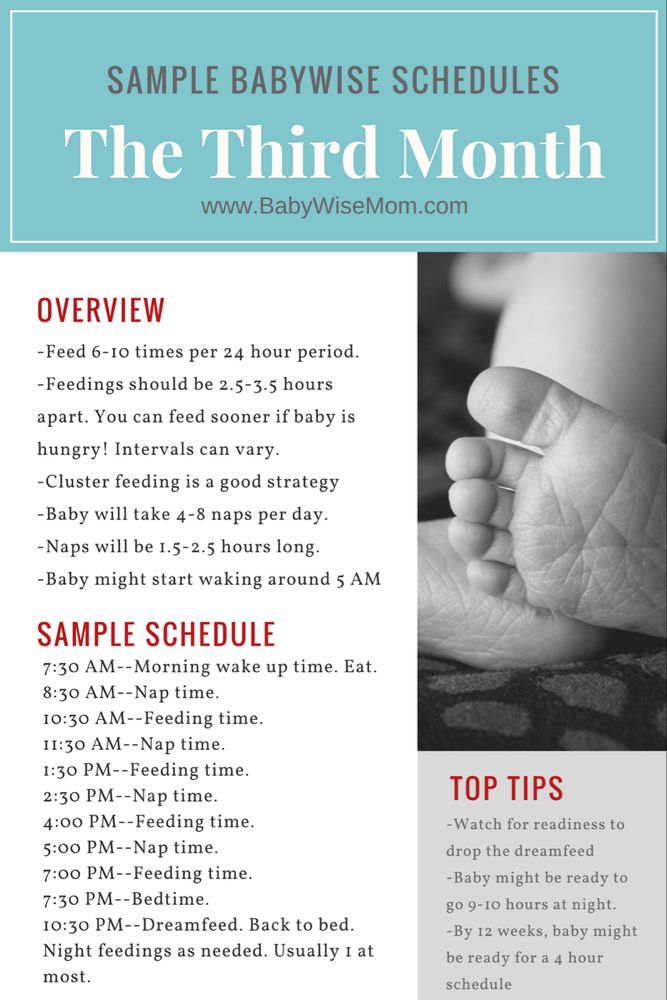Baby keeps sticking tongue out after feeding
Is My Baby Sticking His Tongue Out Normal?
Baby reflexes
Babies have a tendency to use their mouth in a variety of ways. If you notice your baby frequently sticking their tongue out, you may wonder whether this is a normal behavior. The short answer is yes; sticking the tongue out is typically a totally normal infant behavior.
Babies are born with a strong sucking reflex and instinct for feeding. Part of this reflex is the tongue-thrust reflex, in which babies stick their tongues out to prevent themselves from choking and to help latch on to the nipple.
Using their mouths is also the first way babies experience the world. It’s very common for them to mouth things and stick out their tongues, both as part of the feeding instinct and exploring the new world around them. Part of this behavior is your baby noticing the feel of his or her own lips.
If you find that your baby’s tongue is always sticking out of their mouth, or they seem to be constantly drooling — more than is normally associated with spit-up and teething — or they have difficulty swallowing, call your doctor.
That said, here are 10 causes, some common and some rare, for a baby to stick his or her tongue out.
1. They’re playing
There has been some debate since the 1970s about whether newborn babies imitate adult behavior.
Older babies certainly mimic, but several studies, including one in the Journal of Developmental Science, have reported that babies as young as a few weeks old imitate adult facial expressions, including sticking out their tongues.
2. It’s a habit
The tongue-thrust reflex that babies are born with includes sticking the tongue out. This helps facilitate breast or bottle feeding.
While this reflex typically disappears between 4 to 6 months of age, some babies continue to stick their tongues out from habit. They may also simply think it feels funny or interesting.
3. They’re hungry or full
Crying is not the only way that babies communicate they are hungry. Crying is actually a late sign of hunger.
According to the Centers for Disease Control and Prevention (CDC), early signs of hunger may include clenched hands, putting hands in the mouth, turning toward the breast or bottle, and smacking or licking the lips. Sticking the tongue out may be part of a baby’s hunger cues.
Babies may also stick their tongues out when they are full. Other signs of fullness may include turning the head away, spitting out food or milk, and simply refusing to suck or eat.
4. They have a large tongue
If a baby has a larger than average tongue, a condition known as macroglossia, they may stick their tongue out more than usual.
Macroglossia may occur because of genetics, or abnormal blood vessel or muscle development in the tongue. It may also be caused by conditions such as hypothyroidism or tumors.
Macroglossia may occur as one symptom in syndromes such as Down syndrome and Beckwith-Wiedemann syndrome.
If your baby’s tongue does not seem to fit into their mouth, or you notice other concerns, such as excessive drooling, difficulty swallowing, poor muscle tone, or difficulty feeding, call your child’s pediatrician to discuss your concerns.
5. They have a small mouth
There are a number of syndromes or conditions that may cause a baby to have a smaller-than-average mouth. Sometimes babies are genetically predisposed to have a small mouth.
One such condition is micrognathia, or a small jaw. Micrognathia may be genetic or part of a syndrome or condition such as cleft lip or cleft palate, Beckwith-Wiedemann syndrome, Pierre Robin syndrome, and several others.
Children with Down syndrome may have a number of signs including smaller-than-average mouths, short stature, distinct facial features, and decreased muscle tone.
Babies with a condition called DiGeorge syndrome may also have small mouths due to changes in the shape of the palate. DiGeorge syndrome has a number of other symptoms, including heart defects and developmental delay.
6. They have poor muscle tone
Some babies have decreased muscle tone. Since the tongue is a muscle, and is controlled by other muscles in the mouth, decreased muscle tone can cause the tongue to stick out more than usual.
Several conditions may cause decreased muscle tone, such as Down syndrome, DiGeorge syndrome, and cerebral palsy.
7. You’ve got a mouth breather
Babies typically breathe through their nose. If your baby has nasal congestion or large tonsils or adenoids, they may breathe through their mouth instead. This can cause the tongue to stick out.
If your baby seems to have difficulty breathing, flaring of the nostrils, wheezing, or other unusual breathing sounds, you should call your baby’s doctor immediately. If you have other ongoing concerns about your baby’s breathing or amount of congestion, call your baby’s doctor to help troubleshoot.
If your child has large tonsils or adenoids that are interfering with breathing or feeding, they may need to be surgically removed.
8. Gas
Some babies stick their tongues out when they are experiencing gas pains or passing gas. All babies pass gas as a normal part of digestion. Some babies react to the sensation more than others, and may cry, grimace, stick out their tongue, or even smile.
9. A mass in the mouth
Occasionally, babies may have a mass or swollen gland in their mouth, which can force the tongue to protrude.
Very rarely, this may be some type of oral cancer. More commonly, they may have an infection that causes a salivary gland cyst.
If your baby seems to stick out their tongue more than usual, drools excessively, is fussy with eating or refuses to eat, or you can feel or see a bump in their mouth, call your child’s doctor.
10. They’re not ready for solid food
Babies receive most of their nutrition for the first year of life from breastmilk or infant formula. The CDC, and most pediatricians, recommend adding solid foods, starting with pureed baby food or cereal, around 6 months of age.
The amount of solid food a baby eats gradually increases, until the age of 1 year, when most of their nutrients come from solid foods rather than milk alone.
Some babies take readily to solids, while others dislike the taste or textures and may take longer to become accustomed. If a baby is not ready for solid foods, they may stick their tongue out to push the food away or get it out of their mouths. They may not yet have the oral coordination necessary to eat solids.
If a baby is not ready for solid foods, they may stick their tongue out to push the food away or get it out of their mouths. They may not yet have the oral coordination necessary to eat solids.
If your baby is sticking their tongue out persistently when you try solid foods, perhaps stop and try again in a week or two. If you have concerns about your baby’s eating, speak with your baby’s doctor.
Takeaway
Babies stick their tongues out for a number of reasons. Most of the time, this is completely developmentally normal. Occasionally, a baby who sticks their tongue out more than usual may have an underlying reason.
If you are concerned about your baby sticking their tongue out or other accompanying symptoms, it may be helpful to speak to your baby’s doctor.
Newborn sticking tongue out after feeding, Should I worry?
There are many reasons why your baby may be sticking their tongue out: hunger, feeling full, playing, a sign of reflux, teething, growth spurts, a small tongue, a large tongue, or even Downs Syndrome. Normally there is no cause for concern as this is part of their development. If you are concerned please see your doctor.
Normally there is no cause for concern as this is part of their development. If you are concerned please see your doctor.
Congratulations on the new baby!
I’m sure you spend most of your day just appreciating the beauty and cuteness of your newborn.
I remember staring at my babies when they were tiny! It’s just a mother thing, right?
But then, the longer we look at our babies, the more we observe this funny and peculiar habit of theirs!
They love sticking out their tongues.
Is your baby sticking his or her tongue out all the time?
Funny as it is to look at, this is a baby’s form of communication.
Your baby is trying to tell you something
Baby Sticking His Tongue Out ExplainedCertain reflexes or involuntary movements are already present when the baby is born.
Such reflexes like rooting and sucking spontaneously occur as the baby reacts to stimuli such as stroking the baby’s mouth and touching the roof of the baby’s mouth respectively.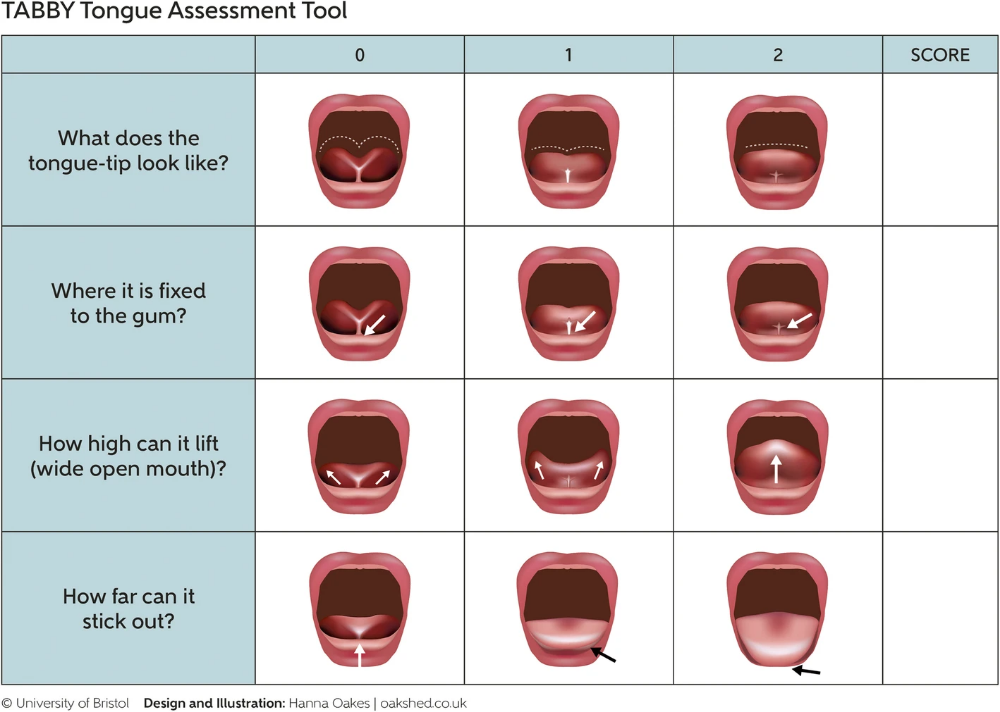
These reflexes help a newborn survive his or her first few months after birth.
Part of the sucking reflex is the tongue-thrust reflex, this is when your baby sticks out his or her tongue to help him/her latch on to the nipple during feeding.
As your baby’s tongue-thrust reflex grows stronger, he/she learns to use this as a way to communicate with you!
Aside from crying, one of the first ways that a newborn baby communicates is by using his or her tongue, this means, if your baby is sticking his/her tongue out all the time, your baby is trying to tell you something!
But what exactly is your baby saying?
This action may mean different things depending on the situation.
Below are the most common reasons why your newborn baby is sticking his/her tongue out.
Related: 13 of the Best Cloth Diapers
Why is my Baby Sticking his Tongue Out?One of the most common reason is that your baby is trying to tell you that he or she is hungry.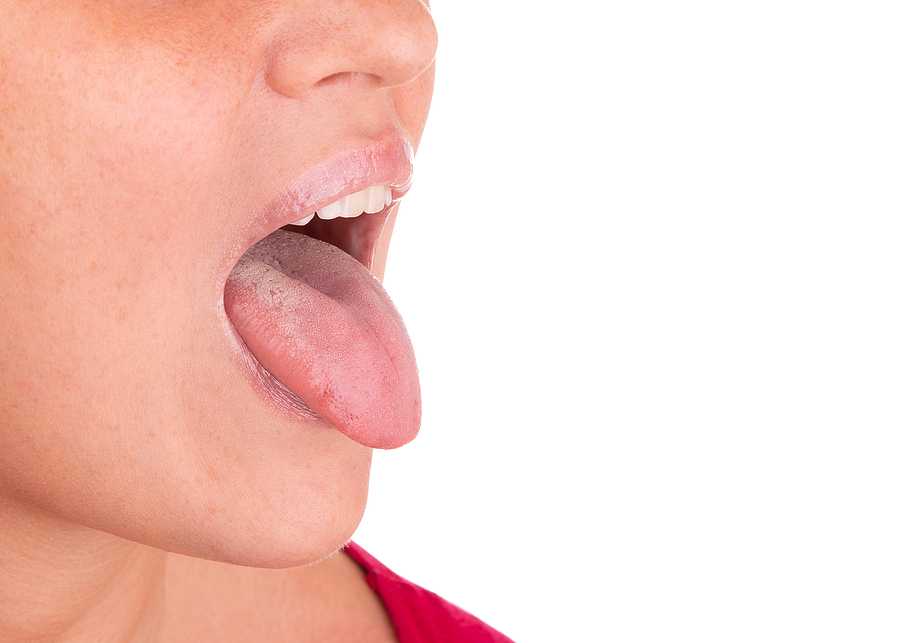
You may notice your baby doing this along with other movements like putting his or her hands on the mouth, lip smacking, and hand clenching.
Those usually are your cue that it’s feeding time.
There’s no need to wait for the baby to start wailing.
Did you know that crying is already a late sign that your baby is hungry? So, watch out for those early signs.
Why is my Baby Sticking his Tongue Out After Feeding?If you notice your baby sticking his tongue out during or after feeding, your baby is trying to signal you that he/she is already full and does not want to feed anymore.
When your baby has had his or her fill, he or she will start sticking his or her tongue out in an attempt to push the nipple away.
Another sign that your baby is full is when he or she starts pulling away from the milk source, be it the breast or the bottle.
Your baby may even attempt to push you away. If you see these gestures, it’s time to stop feeding.
It is very important that you know these cues as overfeeding your baby may result to infant obesity.
Related: Baby Sleep Training. All of your questions answered.
Why is my Baby Sticking his Tongue Out but He’s Not Hungry?If your baby is full but is still sticking his tongue out, your baby may be playing with you.
Babies love playing with their parents (or primary caregiver) and since they have limited motor skills, they use the one they have mastered, their tongues.
Use this as an opportunity to bond with y our baby.
Playing creates a great connection between parent and child so go ahead and stick your tongue out, too!
Your baby may imitate you or they initiate it so you can respond.
Is Baby Sticking Tongue Out a Sign of Reflux?Some babies, unfortunately, experience acid reflux within the first year in their life.
This is when baby’s food goes back up from the tummy causing a spit-up.
Other symptoms may include gagging, irritability after eating, arches back and sticks out the tongue after or during eating.
Thankfully, infant reflux usually goes away on its own between four to six months, some babies continue to display the reflex up to their 12th to 18th months.
If you are concerned about infant reflux, talk to your baby’s pediatrician for proper medical advice.
Related: Baby Shaking their head? This is when you need to worry.
Baby Sticking Tongue Out at 3 MonthsBabies can get quite obsessed with their tongues, if your baby continues to stick out his or her tongue at three months but doesn’t show other symptoms, most probably your baby is just playing.
Use this time to bond and play with your little one. Make faces, funny noises, and try to see of you can get your baby to copy you.
Baby Sticking Tongue Out at 6 monthsAs recommended by doctors, we start introducing solid foods to our baby at 6 months but if you notice your baby sticking out his or her tongue during feeding time, this could mean that your baby is not yet ready for solids.
This is a natural (and so amazing!) instinct or reflex that prevents infants from choking.
When this happens, take it as a sign to try some other time as your baby isn’t ready for anything else other than milk.
Related: Best Tummy Time Activities for Newborns
Baby Sticking Tongue Out During TeethingAnother reason why your 6-month-old baby is sticking his or her tongue out is that your baby may be teething. When the tooth starts to erupt from the gums, this may cause swelling and redness.
Needless to say, it can cause discomfort to your baby. When this happens, you might notice your baby sticking his or her tongue out, there’s excessive drooling, and increased fussiness.
Do note that although the first tooth does not come out until 6 months, some babies start teething at 2 months and this is perfectly normal.
If you feel that there’s a need for concern, do not hesitate to contact your child’s pediatrician so you can get proper advice on how to provide comfort to your child.
Infant tongue-thrust reflex usually goes away on its own between 4 to 6 months; if your baby is still displaying the reflex at 9 months and onwards, it may have become your baby’s habit.
Your baby thinks it is fun to do and is no cause for major concern most of the time.
Related: Toddler Climbing Out of Crib: Solutions and Hacks!
Down Syndrome as a Possible Reasons Why Your Baby is Sticking Out His TongueWe also need to acknowledge the fact that Infant tongue-thrust reflex can be a symptom of Down Syndrome.
Below are some of the symptoms associated with Down Syndrome and why they cause babies to stick out their tongues.
Please note that not all babies with Down syndrome will display or have all of the symptoms mentioned here and of some babies may have other symptoms not on the list below thus it should not be used for diagnosis or treatment.
• Small Mouth – Some babies with Down Syndrome have small oral mouths/cavities; smaller upper jaws and it would seem too small for their tongues thus they stick it out
• Poor Muscle Tone – Another effect of the syndrome is poor muscle tone or hypotonia. This means that these babies are unable to suck effectively and have their mouths open most of the time. The tongue may stick out as a result of poor muscle control
• Mouth Breathing – Another symptom of Down Syndrome is mouth breathing. This is still due to hypotonia or poor musculoskeletal control which explains why they usually have their mouths open and tongues sticking out.
Although Down Syndrome can be detected prior to birth or shortly after birth, if your baby is undiagnosed but you think your baby has these symptoms, it is best to bring your child to a doctor or a specialist right away for proper medical observation and intervention if necessary.
Related: Best Nursery Glider Recliner
Other Reasons Why Your Baby Sticks Out His TongueLarge tongue – If your baby sticks out his or her tongue more than usual and you think the tongue looks bigger for its mouth, you may want to have your baby evaluated for Macroglossia.
This is the condition where the baby has a larger than average sized tongue; caused by issues in the blood vessels or muscle development problems.
When to See a Doctor?While tongue reflex or tongue extrusion is a perfectly normal thing and a natural reflex that helps the baby protect themselves to survive , if it continues well beyond infancy or is accompanied by other symptoms like the ones mentioned above, it is best that you bring your baby to his or her pediatrician for proper evaluation.
It is important that you get proper medical advice so you can start on necessary interventions, therapies, and treatments to help avoid other issues from arising. Remember that persistent and habitual tongue reflex in babies may cause speech development issues as well as teeth alignment problems.
In closing, babies sticking out their tongues a lot is normal in a developmental sense. It is an innate and natural reflex of a newborn thus should not cause unnecessary worry or concern on the part of the parents.
Occasionally, it may have underlying reasons if displayed more than usual. You can also speak to your child’s doctor for your own peace of mind.
Sharing is caring!
12 shares
- Share
- Tweet
Baby sticking out his tongue: Why does a baby stick out his tongue.
Complain
26 September 2013 13:24
The baby sticks out his tongue: why would it?
If you notice that your baby is sticking out his tongue, you should carefully observe him, and also pay attention to his general well-being: whether he sleeps well, whether he throws his head back, whether he grimace during such an interesting procedure. In most cases, mothers can determine which actions the baby performs in a playful way, and which involuntarily. Surely many of them have also heard that if a baby shows his tongue, this may not be innocent fun, but a very serious symptom of some disease associated with the endocrine or nervous system.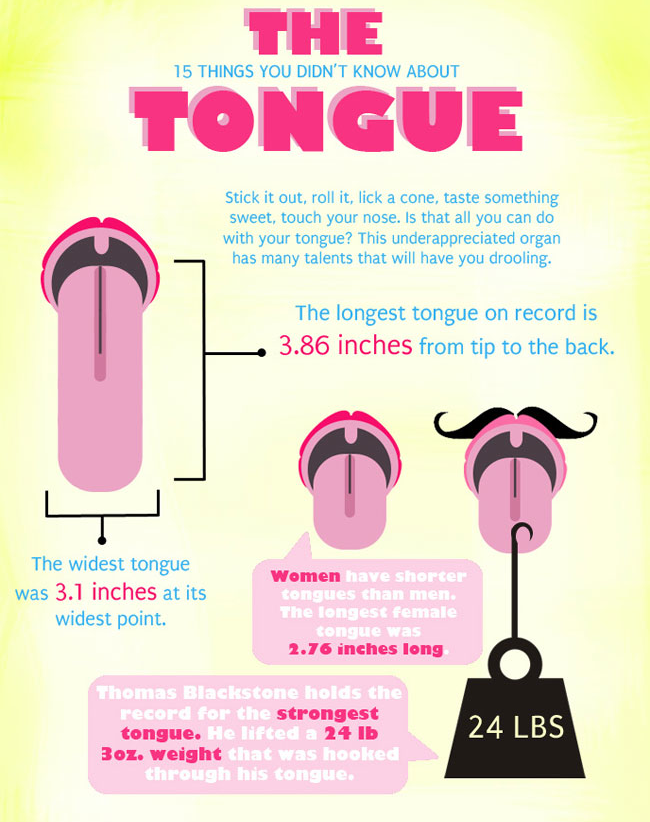 That is why observation is so important at this stage. nine0005
That is why observation is so important at this stage. nine0005
Read also: Dryness and marbling of the skin in babies
If a newborn rarely sticks out his tongue while playing with his parents, this is completely normal, because he hardly knows anything about etiquette and norms of behavior, each of his grimace requires effort and does not always controlled. But if the baby does not just stick out his tongue, but cannot keep it in his mouth, or shows his tongue all the time, as well as during sleep, you should contact the pediatrician to examine the baby. Remember that the sooner this or that disease is detected, the easier and more painless its treatment for the newborn will be. nine0015 Innocent reasons why a baby sticks out or shows his tongue
Language, play and pampering
Sometimes it is not necessary to look for explanations for this or that behavior of a baby, especially at such a young age. The baby may simply stick out his tongue because he once saw a similar “gesture” in adults. Or he is trying to make some new sound, but he still does not know how - from these attempts only sticking out his tongue comes out. Usually, an infant sticks out its tongue during play or some kind of "violent" activity - waving its legs or crawling. Most often, if the baby is not sleeping and the tongue is not shown all the time, you should not worry. nine0005
Or he is trying to make some new sound, but he still does not know how - from these attempts only sticking out his tongue comes out. Usually, an infant sticks out its tongue during play or some kind of "violent" activity - waving its legs or crawling. Most often, if the baby is not sleeping and the tongue is not shown all the time, you should not worry. nine0005
You should not be afraid of this - you are not sick if you decide to show your tongue to the baby, are you? Why attribute illnesses to an infant if he decides to do the same?
Teething
If a child sticks out his tongue at 2, 3, 4, 5 or more months, examine his mouth. Perhaps his teeth are simply cut, his gums are swollen and he simply “studies” the new reliefs of his mouth.
Exercises and exercises
You must have noticed how the baby, lying in a crib, constantly tries to move its legs, wave its arms, try to roll over or, if it already knows how, crawls. He can also move his tongue, because it is a muscle. Therefore, if a newborn shows and sticks out his tongue only occasionally, this is an element of a kind of charge. nine0015 Breastfeeding
Therefore, if a newborn shows and sticks out his tongue only occasionally, this is an element of a kind of charge. nine0015 Breastfeeding
Many pediatricians believe that often protruding tongue in infants may not only indicate a disease or be a consequence of it, but also indicate insufficient tactile contact with the mother. For example, babies who are breastfed very often stick out their tongue during the period of “loneliness”, suck it, even chew it. This is normal, this behavior is most likely an indicator that the baby simply missed his mother's breast. nine0015 Why a baby sticks out his tongue: possible diseases
Thrush
If your newborn often sticks out his tongue, pay attention to his mouth. White plaque on the tongue, inner sides of the cheeks, palate, most likely indicates the presence of thrush. Thrush in the mouth of a newborn is a type of fungus, it causes discomfort in the crumbs and that is why he can often show his tongue. For the treatment of thrush in infants, it is worth consulting with a pediatrician. nine0015 Intracranial pressure
nine0015 Intracranial pressure
Protruding tongue in newborns, especially in combination with tilting the head back during sleep, may indicate increased intracranial pressure. If you notice these symptoms, immediately consult a doctor and undergo the necessary examinations.
Features of the structure of the jaw or the size of the tongue
All children are different, therefore the structure of the skull may vary slightly for everyone. Sometimes the structure of the lower jaw of the baby simply does not allow the tongue to fit in the baby's mouth. This may not be a disease and, most likely, it really is not, however, it is necessary to seek advice and follow-up examination from a doctor if the baby constantly sticks out the tip of the tongue. nine0005
An enlarged tongue may also indicate the presence of some congenital disease.
Good to know: Why does a newborn's hair fall out?
Newborn's tongue protrudes
If a newborn's tongue does not just protrude, but rather falls out, seek immediate medical attention. There can be many reasons: starting with problems with the thyroid gland, and ending with atrophy of the facial muscles, which cannot hold the tongue in the baby's mouth. nine0015 Protruding tongue of a newborn and an epilogue
There can be many reasons: starting with problems with the thyroid gland, and ending with atrophy of the facial muscles, which cannot hold the tongue in the baby's mouth. nine0015 Protruding tongue of a newborn and an epilogue
As you can see, there are a huge number of reasons why a baby sticks out its tongue, and not all of them mean the presence of serious diseases. In any case, if you are not sure that the tongue that has fallen out or simply shown by the baby does not indicate an illness. Seek advice from a pediatrician and undergo the necessary examinations. Don't be shy, even if the doctors say there's no cause for concern - if you want to be 100% sure, you can do it. nine0005
Rubric Neonatal injuries
0 1455077Previous article
Phone to take for childbirth?
The following article
Breastal feeding rules (from Internet)
Other articles on this topic
- Riting the head in a child
- White raid in the tongue of the baby
- The baby shows the language
- Children 1 month leaning out the tongue
- Sticks out tongue
Topical posts
what kind of juice can nursing mothers have
forum how I lost weight
Find out and participate
Baby.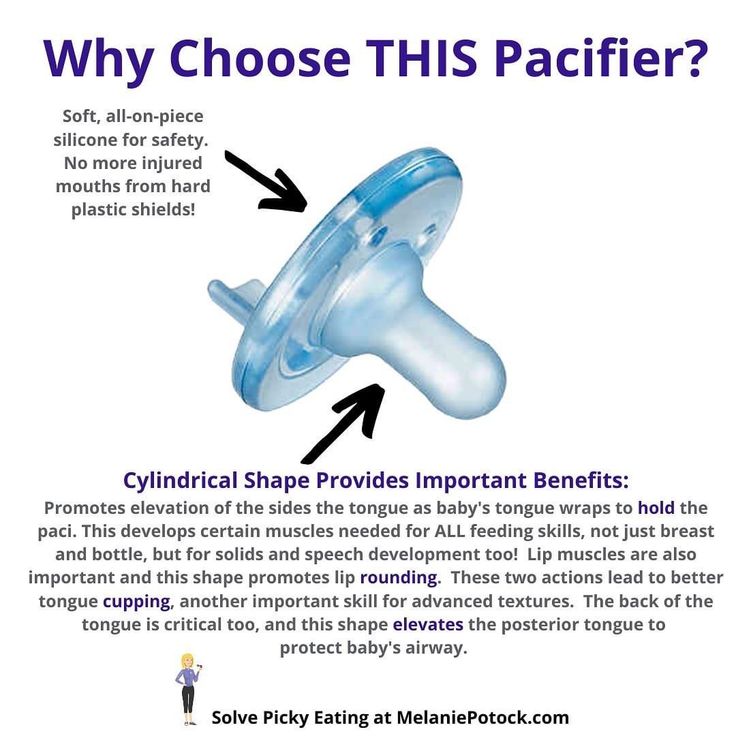 ru clubs are a treasure trove of useful information
ru clubs are a treasure trove of useful information
Getting ready for the new year with baby.ru from 3 to 5 yearsNew Year with the factory "Red October"Moms share their feedback on the new panty diapersHow to reduce stretch marks after pregnancy?TOP-25 New Year's gifts for children of all ages
Sticks out tongue - note to mothers)) article - 37 answers
Why does the child stick out his tongue An innocent prank or a serious problem?
My baby stuck out her tongue for a very long time after birth, not that I was very worried about this, at first not at all, but when a month passed, the second, and my daughter did not want to hide the tip of her wonderful tongue, I started seriously worry. Fuel was added to the fire by those around me, who constantly asked me the question why my girl with her tongue hanging out, and I, apart from the fact that she likes it so much, could not say anything. With the tip of the tongue sticking out, we saved, were awake, played, walked on the street, did not hide it even when the first teeth appeared, and that's when I started shaking our doctor, rummaging through Internet articles, forums, medical journals and other sources of information. Now my daughter is 10 months old, we have already hidden the tongue, and I am writing this article for mothers who are faced with a similar problem. It is, of course, good when everything ends well, but nevertheless, a protruding tongue in a child can also be a bad signal of various diseases. In this article, we will try to understand the possible causes of this strange phenomenon. nine0015
Now my daughter is 10 months old, we have already hidden the tongue, and I am writing this article for mothers who are faced with a similar problem. It is, of course, good when everything ends well, but nevertheless, a protruding tongue in a child can also be a bad signal of various diseases. In this article, we will try to understand the possible causes of this strange phenomenon. nine0015
Searching the Internet, I found a lot of terrible diseases, the symptoms of which include the protruding tongue of a child. Let's find out where the truth is. Let's start with serious diseases.
1) If an infant constantly sticks out its tongue , this may be a symptom of hypothyroidism , this disease is associated with the thyroid gland. This can happen if the mother did not have enough iodine during pregnancy. Signs of hypothyroidism, in addition to a protruding tongue, are also slow development of the child, late teeth, the formation of coarse facial features (thick lips, wide nose, short neck), large and swollen tongue, dry skin, pale yellow complexion. Congenital hypothyroidism begins to manifest itself especially brightly from 3 months. In this case, the child does not just stick out the tongue, but the tongue is too big and simply cannot fit in the baby's mouth. In general, dear parents, do not believe sites where, just because of a protruding tongue, you are offered to run to an endocrinologist, children suffering from hypothyroidism are very different from healthy babies, this time. Now, in almost all maternity hospitals, at birth, the baby takes blood from the heel for tests, including for hypothyroidism, these are two. nine0015 2) Increased intracranial pressure ( ICP ) - a common answer to the question why the child sticks out his tongue . For some reason, in the post-Soviet space it is very fashionable among doctors and mothers to make such a diagnosis. No, the phrase ICP is also available abroad, its increase is considered in scientific articles, moreover, the tactics of dealing with this very dangerous phenomenon are being studied, but the list of conditions accompanied by an increase in ICP is very small, and these are more and more such terrible horror stories-diagnoses that one can easily conclude: having an increase in ICP, one can rather get into the intensive care unit and intensive care than sit in line for an appointment with a pediatric neurologist in the district clinic.
Congenital hypothyroidism begins to manifest itself especially brightly from 3 months. In this case, the child does not just stick out the tongue, but the tongue is too big and simply cannot fit in the baby's mouth. In general, dear parents, do not believe sites where, just because of a protruding tongue, you are offered to run to an endocrinologist, children suffering from hypothyroidism are very different from healthy babies, this time. Now, in almost all maternity hospitals, at birth, the baby takes blood from the heel for tests, including for hypothyroidism, these are two. nine0015 2) Increased intracranial pressure ( ICP ) - a common answer to the question why the child sticks out his tongue . For some reason, in the post-Soviet space it is very fashionable among doctors and mothers to make such a diagnosis. No, the phrase ICP is also available abroad, its increase is considered in scientific articles, moreover, the tactics of dealing with this very dangerous phenomenon are being studied, but the list of conditions accompanied by an increase in ICP is very small, and these are more and more such terrible horror stories-diagnoses that one can easily conclude: having an increase in ICP, one can rather get into the intensive care unit and intensive care than sit in line for an appointment with a pediatric neurologist in the district clinic. That is, globally, here and there, approaches to ICP are fundamentally different: there it is a very rare, very dangerous (threatening life and health) condition, usually requiring hospitalization and emergency care, but in our country it is an extremely common disease, easily diagnosed, almost always easily curable and almost always on an outpatient basis. So, before agreeing with such a diagnosis on the basis of only a protruding tongue in a child, and running away to drink pills, I advise you to get to know this topic better, for example, here. nine0015 3) Popular on the Internet version of why a child sticks out his tongue - a reflection of the facial muscles. It seems to me that there is no need to write much here, any sane person understands that this is fraught with more than just sticking out his tongue, the baby cannot control his muscles on his face, the tongue falls out of his mouth, the child does not smile, does not grimace, in general, such a problem is visible and not naked eye and requires immediate medical attention.
That is, globally, here and there, approaches to ICP are fundamentally different: there it is a very rare, very dangerous (threatening life and health) condition, usually requiring hospitalization and emergency care, but in our country it is an extremely common disease, easily diagnosed, almost always easily curable and almost always on an outpatient basis. So, before agreeing with such a diagnosis on the basis of only a protruding tongue in a child, and running away to drink pills, I advise you to get to know this topic better, for example, here. nine0015 3) Popular on the Internet version of why a child sticks out his tongue - a reflection of the facial muscles. It seems to me that there is no need to write much here, any sane person understands that this is fraught with more than just sticking out his tongue, the baby cannot control his muscles on his face, the tongue falls out of his mouth, the child does not smile, does not grimace, in general, such a problem is visible and not naked eye and requires immediate medical attention.



